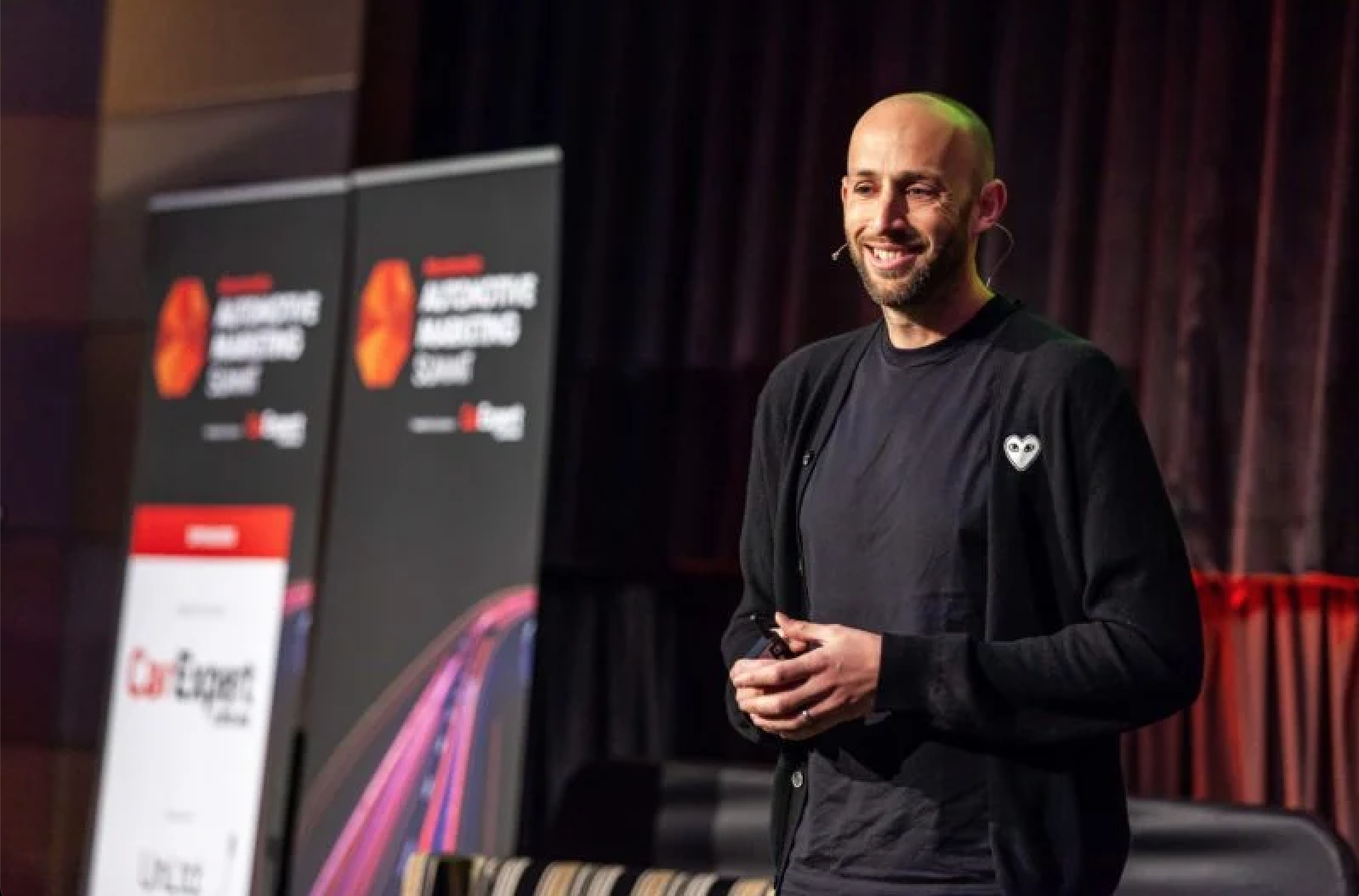Creating an ‘outstanding’ customer experience is a ‘waste of time’: Monheit on biases in the auto sector
by Kalila Welch, Mumbrella 21.9.22
According to Dan Monheit, behavioural economics specialist and founder of indie creative agency Hardhat, automotive marketers can distill their sales strategies to somewhat of a simple algorithm by honing in on a couple of consumer behavioural biases.
Kicking off Mumbrella’s Automotive Marketing Summit this morning, Monheit brought his expertise in behavioural science to the room, breaking down the perceived need for a perfect customer experience in an industry that asks consumers to hand over tens, if not hundreds, of thousands of dollars in exchange for the brand promise of a vehicle that resonates with their values and desires.
“Creating an outstanding end-to-end customer experience is a complete waste of time,” Monheit explained, offering that as humans, we don’t really want great experiences, but great memories.
Core to this bias is the fact that, “not all parts of an experience are created equal when it comes to creating memories”. In fact, Monheit said that the creation of memory is driven but what is known as the ‘peak end rule’.
Here, a consumer’s recollection of a particular experience will be determined not by the sum of how they felt throughout, but by one or two peaks during the experience, combined with how they felt when it ended.
An examples Monheit offered was the experience of attending a theme park – a place where fond memories are often created. Despite our positive associations with theme parks, the reality is that we often spend more than 90% of our time their lining up, eating over priced food, and coping with the sugar highs of our own or other’s children.
This insight, according to Monheit, renders efforts to ensure that every moment and every touchpoint of the customer journey is perfect, effectively, is a waste of time. In reality, ensuring there are two ’15/10′ moments in the experience and a nice touch at the end of the purchase (and of course, no negative peaks), consumers will walk away with a positive memory of a great experience.
Monheit also put forward the concept of the effort bias – that perceptions of the value of a product of service are largely determined by the perceived effort that has gone into it.
“If we think more effort has gone into producing something we can’t help but believe that the thing that comes out the other side is more valuable,” he said.
In the mind of a consumer, effort is romanticised and praised, and often has a perceived correlation to price, such as in the case of artisan goods, or products and services that requires a long manual process.
Of course, effort does not always equate to better quality or value, but human biases tell us that if something is more difficult to create or achieve, it is more desirable. Take for example, the arduous process of applying to become a member of an exclusive club.
For Monheit, the key takeaway from this biases for automotive marketers is to “let [consumers] see you sweat”. Give them an insight, or an impression that the product or service you are offering was difficult to deliver, and the consumer will appreciate the end result all the more.

